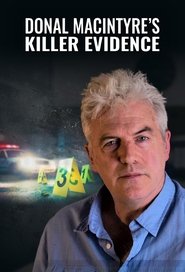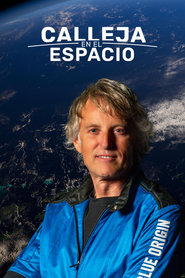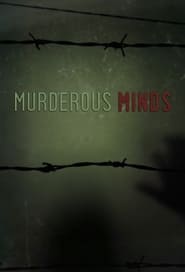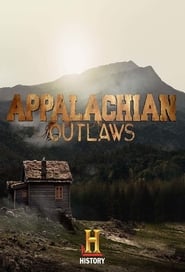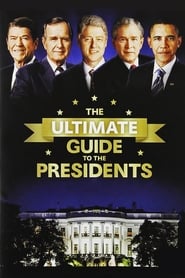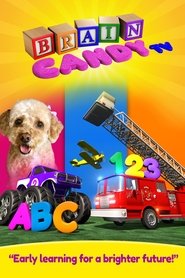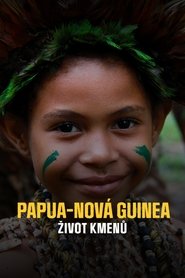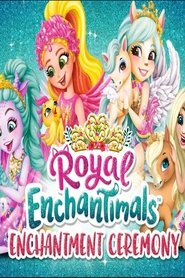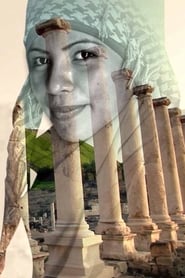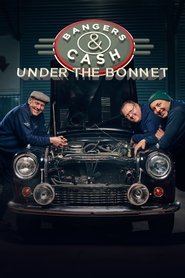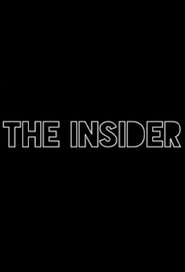Popular Action Adventure TV Series on Amazon Prime Video - Page 198
-
Donal MacIntyre: Killer Evidence
2023
From serial killers to murder in the family and vicious gang killings, Donal MacIntyre investigates ten shocking crimes in the United Kingdom and the United States that are solved using forensics. -
Calleja en el Espacio
2025
star 5.2Follow renowned explorer and presenter Jesús Calleja in his most ambitious adventure to date: becoming the first Spanish civilian to travel to space. -
The Yorkshire Vet: At Home with the Greens
2024
Celebrating the everyday lives of two of Britain's oldest farmers: Steve and Jean Green. -
Murderous Minds: Inside Serial Killers
2018
Regarding criminality, not many genres inspire as much horror and revulsion as that of a serial killer. A predator in the most savage form. A beastly figure usually preying on the weak, innocent and vulnerable. Deeply-embedded negative and sometimes horrific experiences are the usual catalysts for their reign of terror. Take a look inside these murderous minds. -
Appalachian Outlaws
2014
Appalachian Outlaws
2014
star 6.5Deep in Appalachia, a war is brewing over one valuable commodity: ginseng. With global demand skyrocketing, dealers are eager to get in on the game, and with prices hovering around $1,000 per pound, diggers are in a frenzy to harvest the mountain gold. Some even believe its gnarled roots have special healing powers. Whoever controls the ginseng, controls the mountains. -
Who Owns the World
2024
Who Owns the World
2024
Exploring the big players in the global marketplace, the ripple effect of an ownership concentration that is vast and covert, and the innovation in tech and policy that sustains an ever-growing demand for essential goods. The series delves into the ownership and sustainability of vital elements that underpin our daily lives: Energy, Food, Land and Transportation.Exploring the big players in the global marketplace, the ripple effect of an ownership concentration that is vast and covert, and the innovation in tech and policy that sustains an ever-growing demand for essential goods. The series delves into the ownership and sustainability of vital elements that underpin our daily lives: Energy, Food, Land and Transportation. -
Planet Child
2019
Planet Child
2019
Observational documentary series featuring scientific experiments which look at the ways a new generation experience life across Britain and the world today. -
Wild
0000
Wild
0000
Wild is a one-hour American documentary television series that premiered in 2006 on the National Geographic Channel. -
The Re-Inventors
0000
The Re-Inventors
0000
Follow Matt Hunter and Jeremy MacPherson as they dig up original patent designs from history’s lost inventions and build them, test them, and try to make them work. From a snow annihilator from the 1930s to a Chinese dragon rocket over 600 years old to a solar powered crematorium, Matt and Jeremy take us through the strange and entertaining world of invention. -
The Ultimate Guide to the Presidents
2013
star 8A detailed, and unbiased, look at the 43 men who have been the presidents of the United States of America. -
Brain Candy TV
2014
Brain Candy TV
2014
star 6Join Lizzy the Dog and a collection of action-packed 3D-animated vehicles on a fun journey aimed at getting young children excited about learning. Early learning for a brighter future! -
Royal Enchantimals: Royals Enchantment Ceremony
2022
star 2The Royal Enchantimals have come from all over Everwilde to attend the Royal Enchantment Ceremony, where they'll receive their enchantment powers from Queen Daviana! Follow along on this epic adventure filled with new royal friendships, plenty of rainbows, lots of glitter, and even more giggles as the Royal Enchantimals attend the Royal Enchantment Ceremony! -
Heritage
2017
Heritage
2017
Biospheres, historic cities or archaeological treasures: Héritages makes you discover the threatened gems of our planet. Faced with the inaction or helplessness of national institutions and large global organizations, individuals engage in their preservation. They raise awareness among local populations and passenger visitors, initiate renovation projects or ecological programs, and thus act as guardians of this endangered world heritage. -
Micawber
2001
Micawber
2001
star 1Micawber is a 2001 ITV comedy drama series starring David Jason. It was written by John Sullivan, based upon the character of Wilkins Micawber from Charles Dickens' novel David Copperfield, although the storylines were original. Sullivan had originally written an adaptation of Dickens' novel which was rejected by the BBC in favour of the 1999 Adrian Hodges adaptation. It was broadcast in four parts, the first part on Boxing Day 2001 and starred a number of well-known British actors and actresses. Notably, the first episode was scheduled against the BBC's sitcom Only Fools and Horses, also starring Jason and written by Sullivan. -
Bangers & Cash: Under the Bonnet
2024
Previously unseen footage of some of the most iconic cars of the series, including the Mini Cooper S, the Saab 96 and the Lotus Esprit. Narrated by Toby Foster. -
Demolition Down Under
2021
This is a documentary series that takes audiences inside the demolition industry. From high rise apartments to sunken yachts, bizarre structures and massive warehouses. The roof is being lifted on the incredible and action-packed demolition industry. -
The Insider: Reggie Yates
2016
Reggie Yates enters Bexar County Jail in Texas, to experience what it's like to be an inmate in the American criminal justice system, and understand how prisoners with mental health problems are treated behind bars. Then, he puts himself through another intens -
Movin' to the Country
2021
Dreaming about escaping the major cities has become a national pastime. Supercharged by a global pandemic, brave entrepreneurs, innovators, small business operators and treechangers are creating new opportunities on the land.
 Netflix
Netflix
 Amazon Prime Video
Amazon Prime Video
 Apple iTunes
Apple iTunes
 Apple TV Plus
Apple TV Plus
 Disney Plus
Disney Plus
 Google Play Movies
Google Play Movies
 Paramount Plus
Paramount Plus
 Hulu
Hulu
 HBO Max
HBO Max
 YouTube
YouTube
 fuboTV
fuboTV
 Peacock
Peacock
 Peacock Premium
Peacock Premium
 Amazon Video
Amazon Video
 The Roku Channel
The Roku Channel
 AMC+
AMC+
 Kocowa
Kocowa
 Hoopla
Hoopla
 The CW
The CW
 Vudu
Vudu
 Starz
Starz
 Showtime
Showtime
 PBS
PBS
 Pantaflix
Pantaflix
 FXNow
FXNow
 Tubi TV
Tubi TV
 Kanopy
Kanopy
 Comedy Central
Comedy Central
 Crunchyroll
Crunchyroll
 Microsoft Store
Microsoft Store
 Redbox
Redbox
 Sun Nxt
Sun Nxt
 ABC
ABC
 DIRECTV
DIRECTV
 Crackle
Crackle
 Fandor
Fandor
 Plex
Plex
